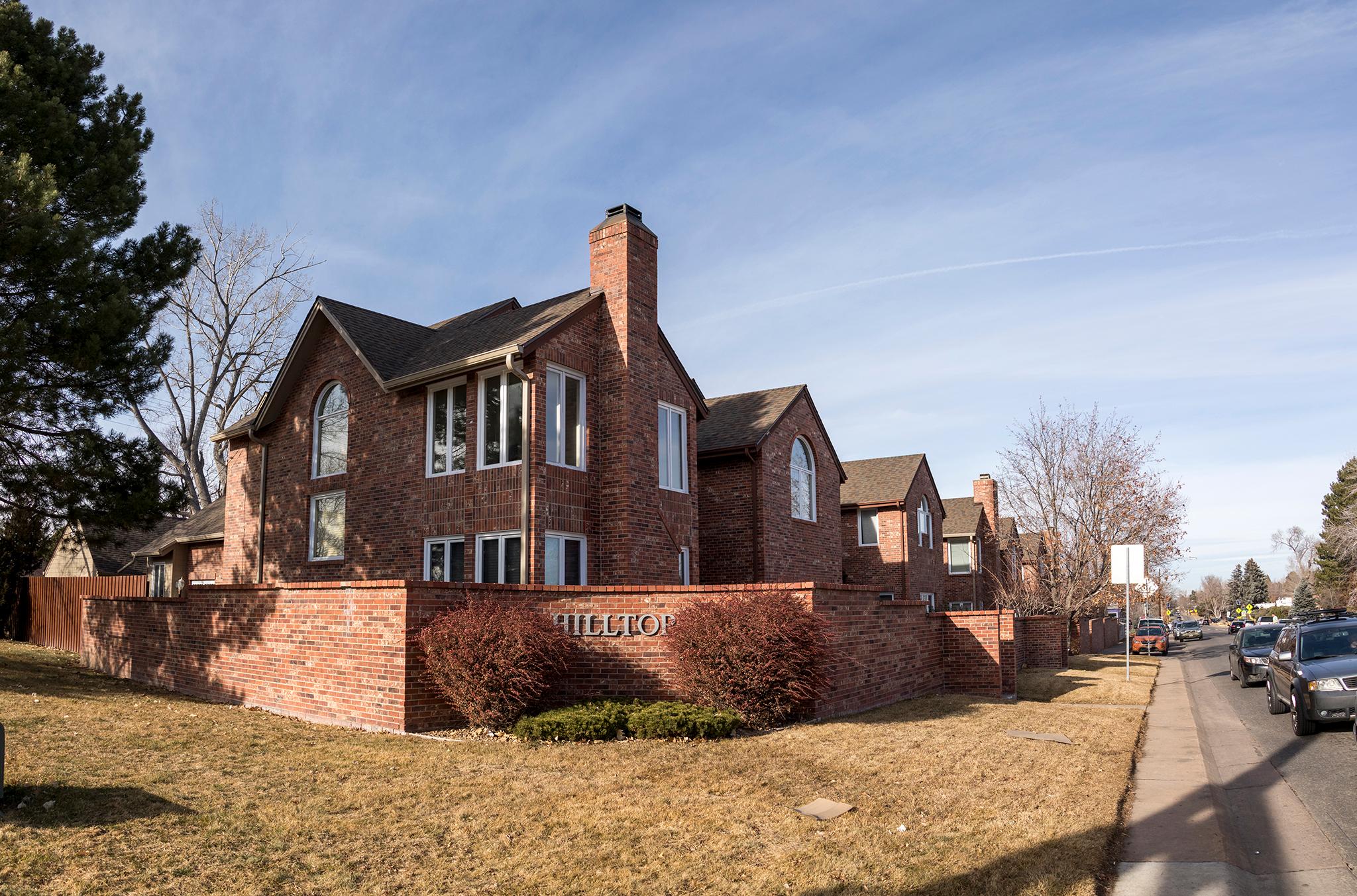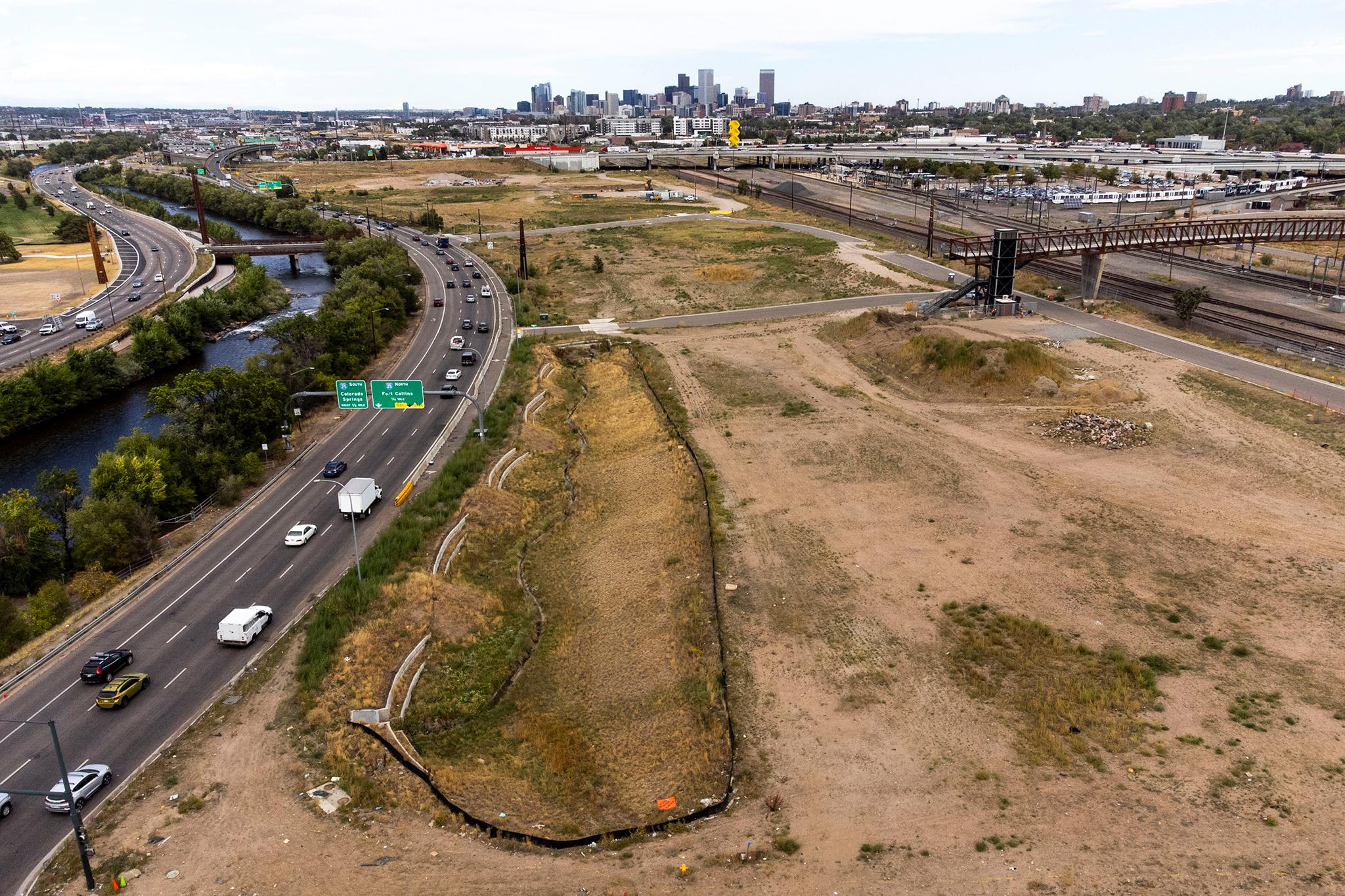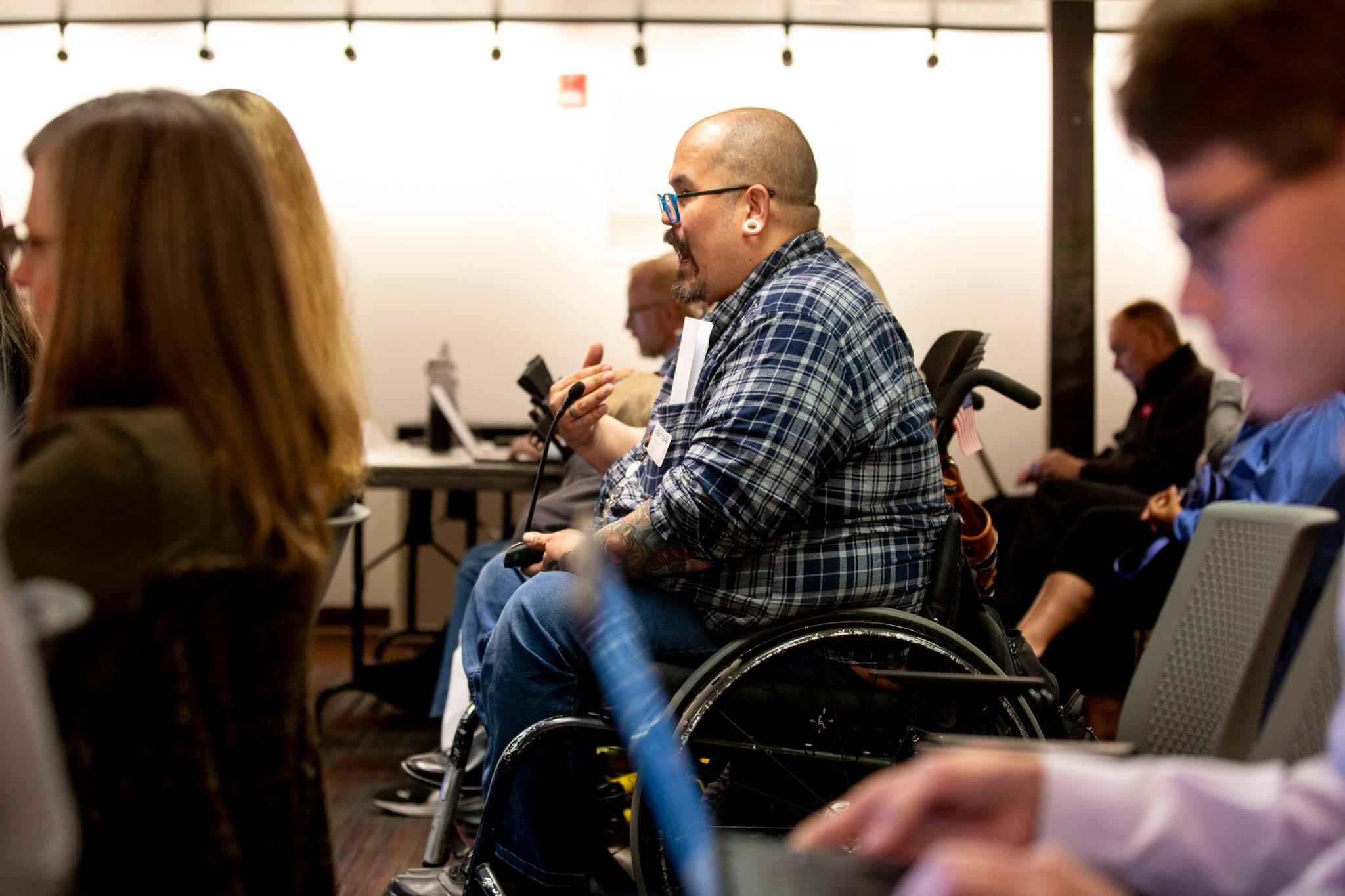Home ownership is out of reach in Denver for firefighters, plumbers, childcare workers, dental assistants and bank tellers.
But at least the firefighters and plumbers can afford to rent here, while a bank teller must spend almost 60 percent of his or her income on rent, according to a report on key workers and housing commissioned by Housing Colorado from the National Housing Conference that was released Thursday.
The report follows a study released earlier this month by the real estate company Trulia that found that teachers can comfortably afford 5.4 percent and restaurant workers 0.2 percent of available homes in metro Denver.
The National Housing Conference also looked at the situation for firefighters, plumbers, childcare workers, dental assistants and bank tellers in Boulder, Colorado Springs, Fort Collins, Greeley and Pueblo. It found home ownership was unaffordable for all five worker categories everywhere but Pueblo, and in Pueblo only plumbers and firefighters could afford to buy.
It's possible to see reason for hope ahead, said Elena Wilken, executive director of Housing Colorado, which supports organizations and professionals who design and develop affordable housing across the state. She pointed to steps legislators approved this last session and the governor signed Friday, including adding money to Colorado's Housing Development Grant Fund, to which developers can apply on a competitive basis for money to acquire, rehabilitate and construct affordable housing projects. State lawmakers also doubled the annual aggregate cap from $5 million to $10 million that the Colorado Housing and Finance Authority can distribute in state low-income housing tax credits beginning next year through 2024. Developers who are awarded credits sell them to investors for cash they then use to build.
Those funds and credits will be distributed statewide, including in some areas where a relatively small amount of money could make a big difference, Wilken said. She acknowledged that may not be the case in Denver, where Wilken said developers often tell her their costs keep increasing, making it difficult to build a home for less than $500,000. Those costs include labor, Wilken said, noting that homebuilders have to compete for workers with the developers of big project such as renovations at the airport and along Interstate 70.
It's worth looking at the other side of the equation.
"Incomes not staying abreast of the cost of living is also a fundamental issue," Wilken said.
For the study, researchers from the National Housing Conference, a think tank on affordability and other issues, compared median housing costs and median income data in the six metro areas. As in the Trulia study, housing costs were considered affordable if they took up no more than 30 percent of income. Families spending more of that on housing are likely cutting back on other needs or going into debt. Others choose to buy or rent in cheaper places, even when that means long commutes to jobs.
According to the latest market report from the Denver Metro Association of Realtors, the median price for a single-family home was $460,000 in April. The median rent for during the first quarter of 2019 was $1,431, according to the Apartment Association of Metro Denver.












